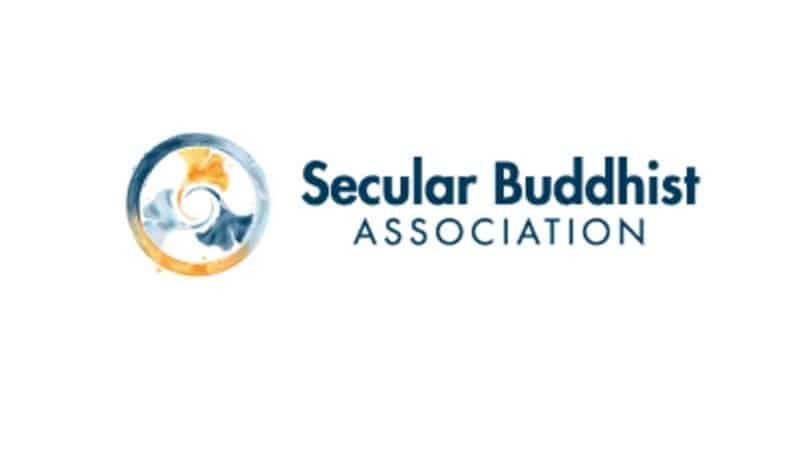POSTS:

Insight meditation and the inner life
In the first of three talks at a day-long workshop in New Zealand in 2019 Winton Higgins discusses the Buddha’s foundational teaching for meditative practice, the Satipaṭṭhāna sutta (the discourse on the focuses of awareness) from a secular Buddhist perspective.

Selected Articles from the SBA Website
Over the course of 10 years, the Secular Buddhist Association (SBA) published over 300 articles. Below you'll find a chronological list (most recent to the oldest) of some of SBA's most important and influential articles.

Mindfulness is a hot commodity: looking for a quick fix?
Something that goes by the name ‘mindfulness meditation’ is a hot commodity these days. You can find many models on the market, some are more or less expensive, and of varying quality (like cars and dishwashers). The brands that are on the market either claim claiming origins in the Buddhist tradition, which lends them the kudos and the aura of ancient wisdom, or studiously avoid doing so.

What to tell your inner yogi about climate change
Responsible citizenship goes to the core of our ethical commitments as dharma practitioners. So the existential threat to ourselves and all other life-forms, that climate change poses, must stand high on our civic agenda. It mightily evokes the overarching ethic of the dharma – the ethic of care – understood both as concernful awareness, and as a prompt to action.

Challenges to Buddhist meditation practice now
In this talk given in 2018 Winton Higgins compares the expectations of people living in the Buddha’s era (5th century BCE) about meditation practice, and to our own views about the goals of meditation.

Secular Buddhism and the real reasons to meditate
Mike Slott argues that the goal of meditation is to become a more mindful and compassionate person, one who can contribute to creating a society in which all human beings can flourish.

A dharmic understanding of evil: the banality of climate change
The mythical figure of Mara in the Pali canon provides us with an obvious starting point for understanding evil. He appears again and again to the Buddha and his advanced disciples, preferably when they’re meditating. He’s disguised as a well-meaning stranger offering friendly, banal advice, the import of which would throw the hearer right off course if s/he heeded him.

A review of After Buddhism – focussing dharma for years to come
Winton Higgins reviews Stephen Batchelor's 2015 book After Buddhism, discussing the book's key themes and its contribution to the development of a secular dharma for our age.

Core elements of a secular and socially-engaged Buddhism
Mike Slott explores how a radical social theory and core Buddhist insights are both essential to understanding the causes of suffering and creating a society in which all human beings can flourish.

Not-self and the narcissism epidemic
Western countries accord their citizens the freedom to practise the religion of their choice. But also as harbingers of the narcissism epidemic, they give Buddhists an extra incentive to practise ardently, in order to remain in good non-narcissistic health and so live skilful, fulfilling lives – including the nurturing of deep relationships.

The Dharma of Modern Mindfulness: A Review
By Mark Knickelbine | March 4, 2018 Originally appeared on the SBA website at https://secularbuddhism.org/the-dharma-of-modern-mindfulness-a-review/. One of the most common misunderstandings about MBSR and the other mindfulness-based interventions is that they consist of meditation techniques that have somehow been extracted or divorced from their original context in traditional Buddhism. From this standpoint, critics have referred to mindfulness as […]

The dharma as a culture of awakening – developing a sanghic life
In this 2016 talk Winton Higgins discusses how awakening, gaining significant insight into our human condition and its full potential for personal development, is a key component of a secular Buddhist approach.
EXPLORE BY SECTION
SEARCH THE SITE
RECENT POSTS










